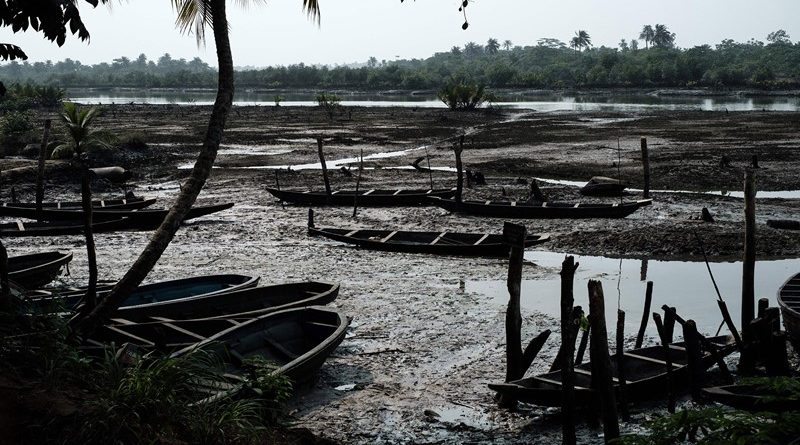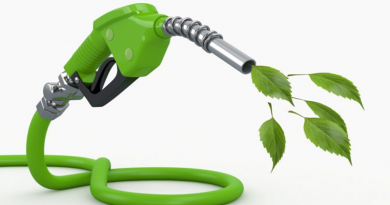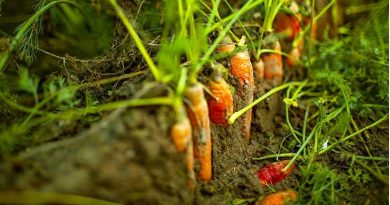Shell finally agrees to pay $16m to farmers in Ikot Abasi LGA of Akwa Ibom State over oil spillage
In order to make up for the harm that four Nigerian farmers and their communities claim was brought on by pollution from Shell’s oil pipeline breaches, Shell has agreed to pay $16 million (£13 million) to them. The Communities are Oruma, Goi, and Ikot Ada Udo in Ikot Abasi Local Government Area of Akwa Ibom State in South South Nigeria. The oil spills occurred between 2004 and 2007, and the payout comes after a Dutch court determined that the Nigerian unit of Shell was accountable for the damage last year.
The oil firm and the environmental advocacy group Friends of the Earth reached an agreement on the amount on the grounds of “no admission of liability.” Shell has all along maintained that the leaks were caused by sabotage.
According to environmental campaigners and rural populations in the Niger Delta region, this development is hailed as a milestone even though the compensation amount is not significant. Many people in the area continue to suffer health problems and loss of income due to oil pollution.
Barizaa Dooh, Elder Friday Alfred Akpan, Chief Fidelis A. Oguru, and Alali Efanga, the four farmers who initiated the action, claimed that the contamination of land and waterways caused by subsurface oil pipeline breaches had cost them their livelihoods. Unfortunately, Mr. Efanga and Mr. Dooh passed away after the complaint was initially filed. Their children however took up and continued the case leading to this agreement by Shell
Shell designated SPDC Ibibio 1 as one of its reserved oil wells when it was first built. After a number of years, the end of the world loomed. Experts claim that the facility started to corrode and eventually failed. Its first oil spill incident resulted from this in 1997. According to reports, the facility’s breakdown was not properly handled, and the leak returned in 1999 and 2004. But these merely served as a prelude to the true disaster. The enormous spill that happened in 2006–2007 served as the final straw that finally broke the camel’s back.
The oil leak occurred during a very rainy period. The large leak, according to Eteidung Emmanuel Alfred Akpan, village chief of Ikot Ada Udo, flooded onto farmlands, fish ponds, water bodies, including the Aya River, the primary source of the community’s drinking water, fishing, and canal. The town turned into an oily lake. Ikpa Nung Asang Clan neighboring villages were not exempt from the destruction.
Despite the serious situation, Shell did not go to the well head until several months had passed in order to stop the spill. Before Shell changed the well cap, the spill caught the attention of the National Assembly, the media, and tourists.
The Dutch court order from last year mandated that Shell install a system for leak early detection in the oil wells in the communities in addition to compensating the communities. According to the joint statement from Shell and Friends of the Earth, this has now been installed.




